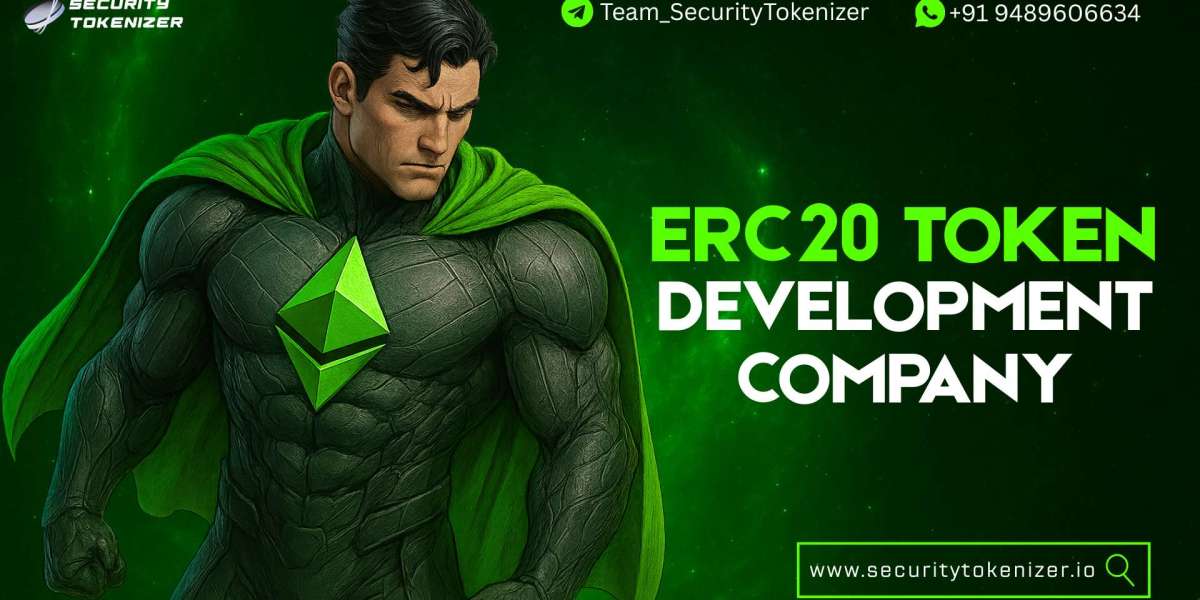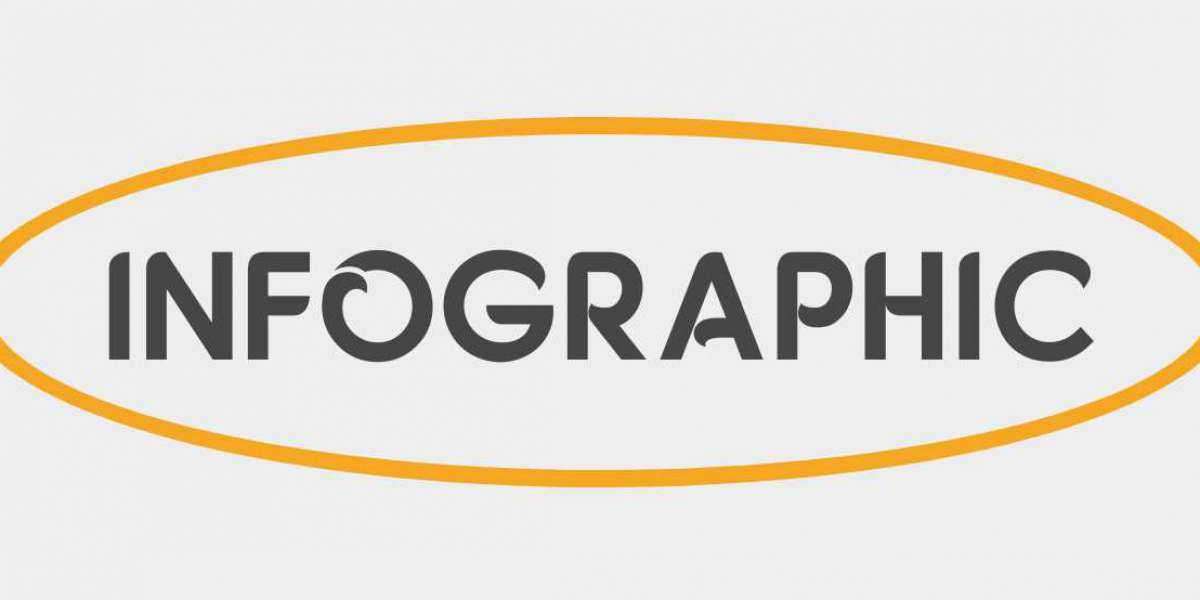When launching a blockchain project, choosing the right token standard feels like standing at a crossroads with multiple paths ahead. Each direction promises different benefits, but only one leads to your project's success. With dozens of token standards available across various blockchains, the decision becomes even more complex.
The reality? Most projects default to ERC20 without understanding alternatives, while others chase newer standards without considering long-term implications. Making the wrong choice can limit your project's growth, increase development costs, or worse, force expensive migrations down the road.
ERC20: The Gold Standard
Why ERC20 Dominates?
ERC20 tokens power over 80% of the cryptocurrency market for good reasons. Launched in 2015, this Ethereum-based standard offers unmatched ecosystem compatibility, universal wallet support, and smooth exchange integration. ERC20 Token Development enables businesses to create these widely accepted tokens efficiently, ensuring full compatibility with wallets, exchanges, and DeFi platforms. When someone mentions "tokens," they're typically referring to ERC20.
Core Advantages
Universal Compatibility: Nearly every wallet, exchange, and DeFi protocol supports ERC20
Proven Security: Battle-tested through years of market activity and countless audits
Developer Resources: Extensive documentation, tools, and community support
Cost Efficiency: Standardized functions reduce development time and complexity
Market Liquidity: Easiest path to exchange listings and trading pairs
Limitations to Consider
ERC20 tokens inherit Ethereum's scalability challenges, resulting in high gas fees during network congestion. They also lack advanced features like built-in governance or automatic compliance mechanisms without additional development.
Alternative Standards Breakdown
ERC721 & ERC1155 (NFTs)
Perfect for unique digital assets, collectibles, or gaming items. ERC721 creates individual non-fungible tokens, while ERC1155 enables both fungible and non-fungible tokens within the same contract. Choose these for asset uniqueness, not traditional currency functions.
BEP20 (Binance Smart Chain)
Essentially, ERC20's faster, cheaper cousin. Offers similar functionality with lower transaction costs and faster confirmation times. Ideal for projects prioritizing cost efficiency over Ethereum's network effects.
ERC777 (Advanced ERC20)
Enhanced version of ERC20 with operator permissions, hooks, and improved user experience. However, adoption remains limited, and additional complexity may not justify benefits for most projects.
Layer 2 Solutions (Polygon, Arbitrum)
These maintain ERC20 compatibility while addressing scalability issues. Projects can deploy standard ERC20 tokens on Layer 2 networks, accessing lower fees without sacrificing ecosystem benefits.
Decision Framework: Which Standard Fits Your Project?
Choose ERC20 When:
- Building a utility token, payment system, or traditional cryptocurrency
- Requiring maximum exchange compatibility and market access
- Targeting institutional adoption or DeFi integration
- Working with limited development resources or tight timelines
- Prioritizing long-term ecosystem stability through proven Ethereum Token Development practice
Consider Alternatives When:
- Creating unique digital assets or gaming tokens (ERC721/1155)
- Operating in cost-sensitive markets where gas fees matter (BEP20)
- Building governance-heavy protocols requiring advanced features (custom standards)
- Targeting specific blockchain ecosystems with unique advantages
Red Flags: Avoid Standards That:
- Have a limited wallet or exchange support
- Lack of active development communities
- Promise theoretical benefits without proven implementation
- Require extensive custom development for basic functionality
Real-World Success Patterns
Analyzing successful token projects reveals clear patterns. Major DeFi protocols like Uniswap, Chainlink, and Aave built on ERC20 and achieved massive adoption. Gaming projects often start with ERC721 for unique assets but use ERC20 for in-game currencies. Enterprise blockchain projects consistently choose ERC20 for its regulatory clarity and institutional familiarity.
The most successful projects don't chase the latest standards; they choose proven technologies that align with their specific use cases and growth strategies.
Making Your Decision
Start by defining your project's core requirements: transaction volume, cost sensitivity, required integrations, and timeline. Map these against each standard's strengths and limitations. When in doubt, ERC20 offers the safest path to market with the highest probability of ecosystem adoption.
Remember, token standards are tools, not destinations. Focus on building valuable products that solve real problems; the right standard will support your vision, not define it.
At Security Tokenizer, we help projects navigate these critical decisions with deep technical expertise and market insight gained from hundreds of successful token deployments across multiple standards.



